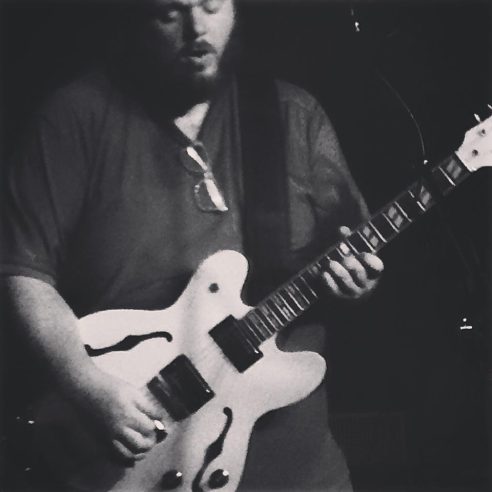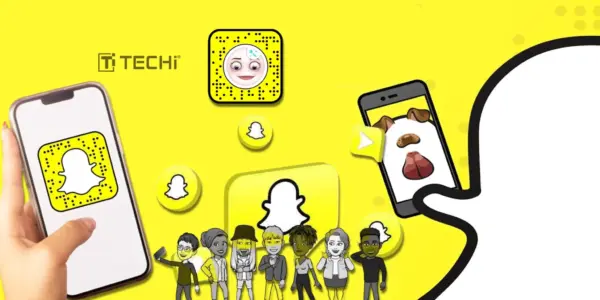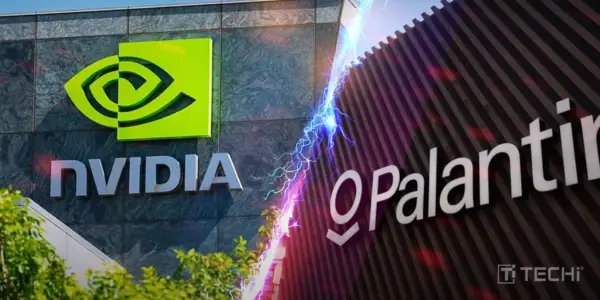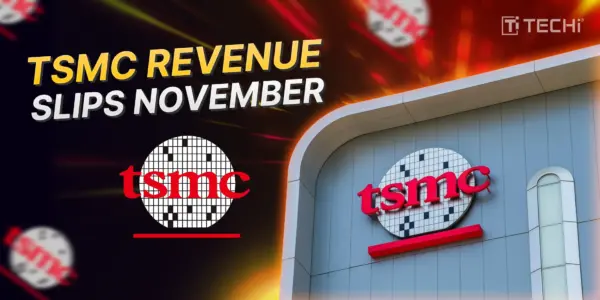Going viral today matters as much as having a hit record. But you don’t want to do it in the wrong way.
Social media platforms are the world’s kiosk, and any artist would be foolish not to dedicate himself to building a viral presence. But as important as it is to gain new followers, it’s even more crucial to keep them . . . and keep them engaged.
Here are five social media don’ts for aspiring musicians.
1. Don’t let your online profiles collect dust
You’ve heard it said that idle hands are the devil’s playground. Or how about this one: if a tree falls in a forest and no one is around to hear it, does it make a sound? Apply whatever cliché you like, but whatever you do—don’t forget to tweet it. You want Web surfers to see that you have an active online presence when they click over to your sites. When an artist’s updates are few and far between, potential fans have little incentive to follow. Your silence creates the perception that you or your band aren’t gigging, releasing much music, or engaging fans. This also serves as a red flag to any music industry suits who might be researching you.Don’t forget the power of the hashtag either. Twitter is an effective marketing tool for artists because it allows them to identify trends in engagement and what types of music their audience enjoys listening to. But master the art of hashtagging now, as Facebook plans to utilize this same feature in a future update—making you and your music even more accessible to new audiences.
2. Don’t oversaturate your fans
Since you’re never going to reach all of your followers simultaneously with one tweet or update, repetition is key. But you don’t want your followers to feel as though they’re being bombarded with the same desperate plea to come out to your next show or stream your latest song or video. Get creative with your tweets. Keep followers as engaged with your latest musings as you want them hanging on to your best pop hooks. If you do it right, they’ll keep logging on for the entertainment, and maybe they’ll eventually click on that link you keep embedding.3. Don’t overdo it when you humblebrag
It’s great that you got a killer review in a national publication, and you should definitely post the link on Facebook and retweet it. But be careful that you don’t go overboard. Doing it once is enough. Then let your friends, fans, and followers take it from there by commenting on the Facebook thread and posting the links on their own accounts. When it comes to going viral, their word of mouth will carry the news much further than your humblebrag will.4. Don’t ignore your fans—ever
Building personal connections with your fans and followers will make all the difference between their liking your band and loving your band. Never take their direct messages, emails, and comments for granted. Reply to as many as possible. Occasionally retweet them when they praise you on their personal Twitter accounts as well. And whenever possible, go the extra mile and personally comment on their Facebook pages, thanking them for the friend requests or the follows.“Artists ought to tend carefully to their social platforms as if they are fan-gardens. The more relevant, relational, and affirming you are with your listeners, the more your content gets passed around organically and grows your fan-base,” said Daniel McCarthy of TheMusicBed.com, a music licensing site.
With Facebook’s latest launch of a new Replies feature with threaded comments (for businesses and brands or individuals with at least 10,000 followers), responding to your followers should be even easier now. Replies not only lets you engage directly with your fans in each post’s comment section, but it also ensures that the most relevant comments (meaning the most popular, the most active, or from those followers who are closest to your network) are given the top spots in the conversation stream. This change allows you to indirectly encourage conversations with your fans, and it also lets them know their voices matter.
In the Internet age, doing these kinds of things online is as important as getting out of the green room and yucking it up with your fans after a show. It’s the viral equivalent of signing autographs, and you must do it.
5. Don’t underestimate the value of fresh content
Social media platforms aren’t just another place to announce tour dates and push your latest streams and videos; they should motivate you to create new material as well. In other words, be active on social media only if you plan on being an active artist. Fans follow you on your sites to watch new videos, hear new songs, or read your blog posts. If you aren’t regularly providing these kinds of fresh content, then some other band certainly is.Also, make sure your content is “rich” and enticing. As Facebook rolls out its latest News Feed design allowing users to switch between various content-specific feeds, you want your page to stand out from the rest. Users are inundated with written content and brand Facebook pages, and they’re getting bored. Fight to keep their attention. Be relatable, original, and make sure your posts include pictures to help share your ideas using fewer words. It’s also been rumored that Facebook’s new design will feature a Music feed. This is where your fans’ friends will share the music they’re listening to, what they’ve Liked, upcoming nearby concerts, suggested musicians to subscribe to, and recently released music. So now is the time to put your best face forward. Your fans, new and old, are watching.
Whatever you do on social media, keep in mind that the fastest way to lose followers is to come across as a nakedly ambitious self-promotional machine. You want your updates to be funny, personal, and real. You want to simply say, “Hey, have you heard the news?” not give people yet another piece of spam to delete. People hate that. And the last thing you or your band needs is to be hated . . . unless it also gets you more followers (see Justin Bieber).




